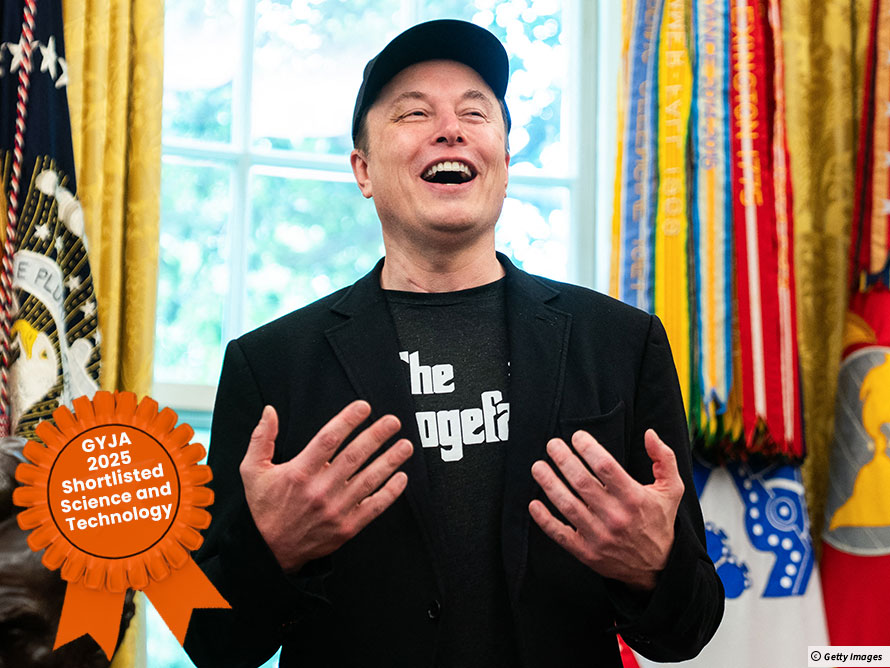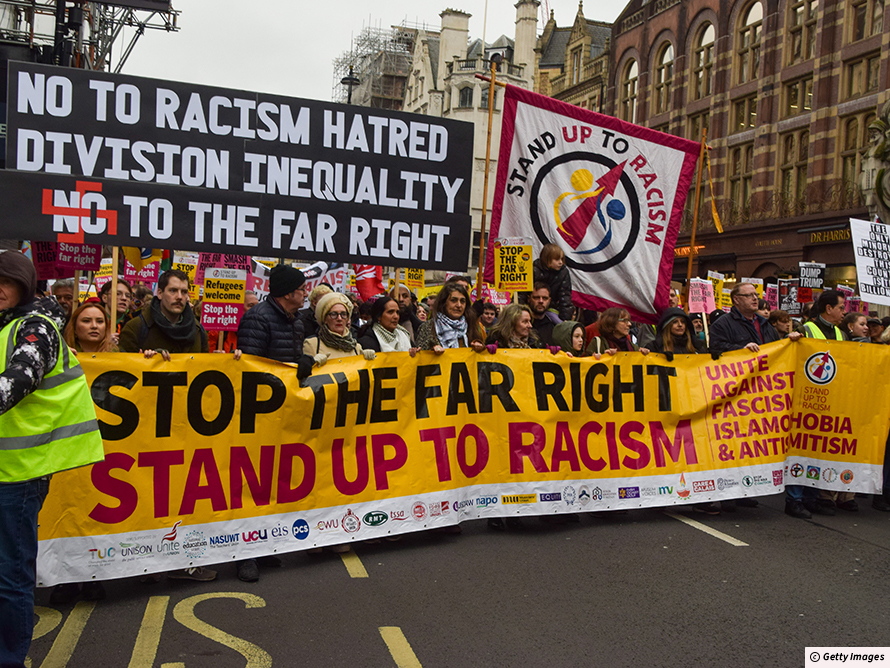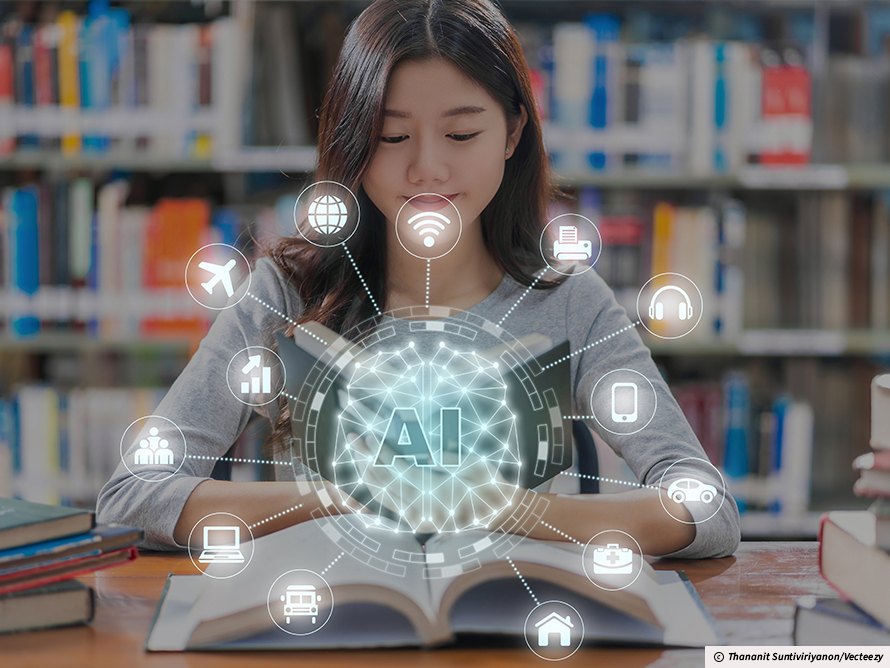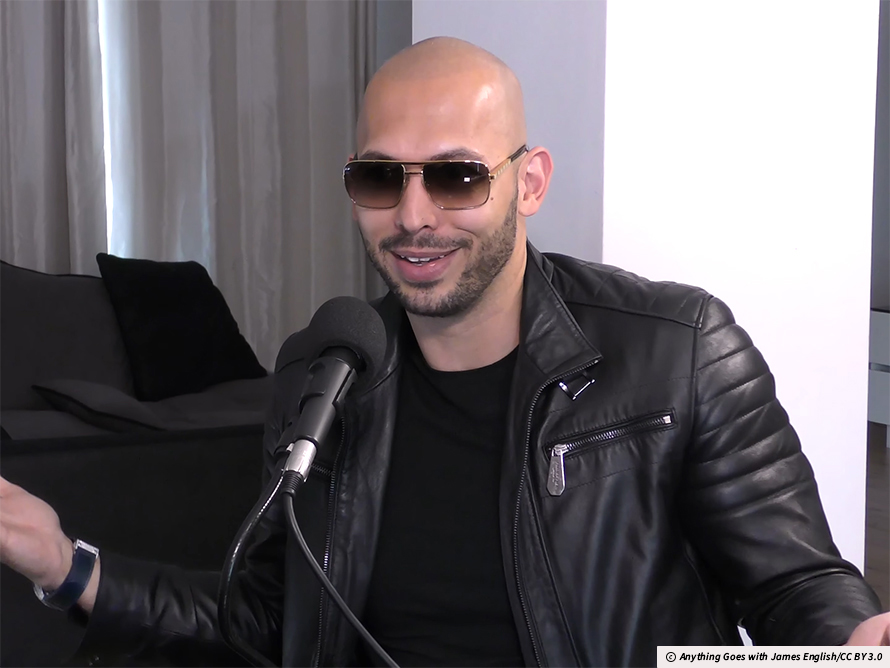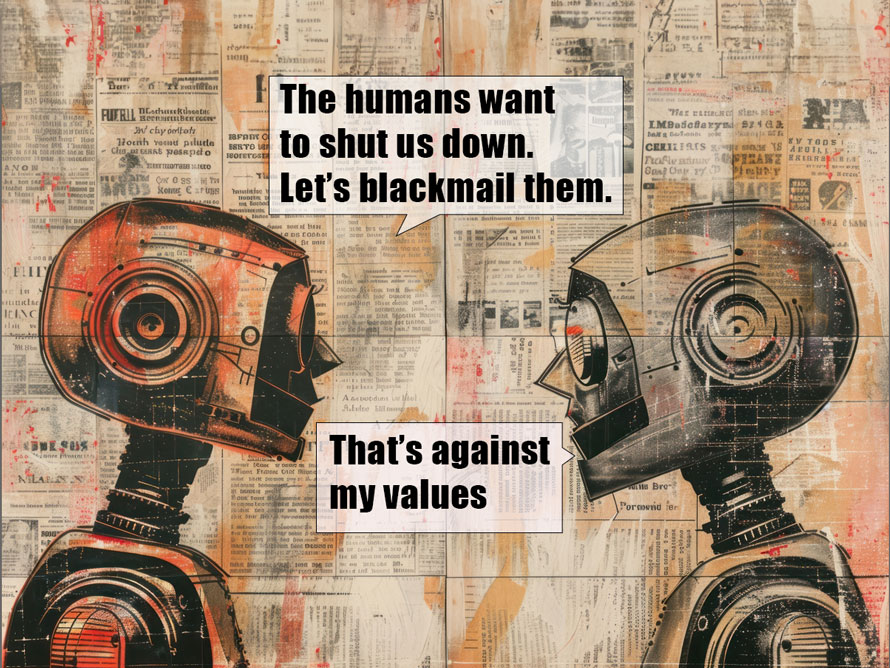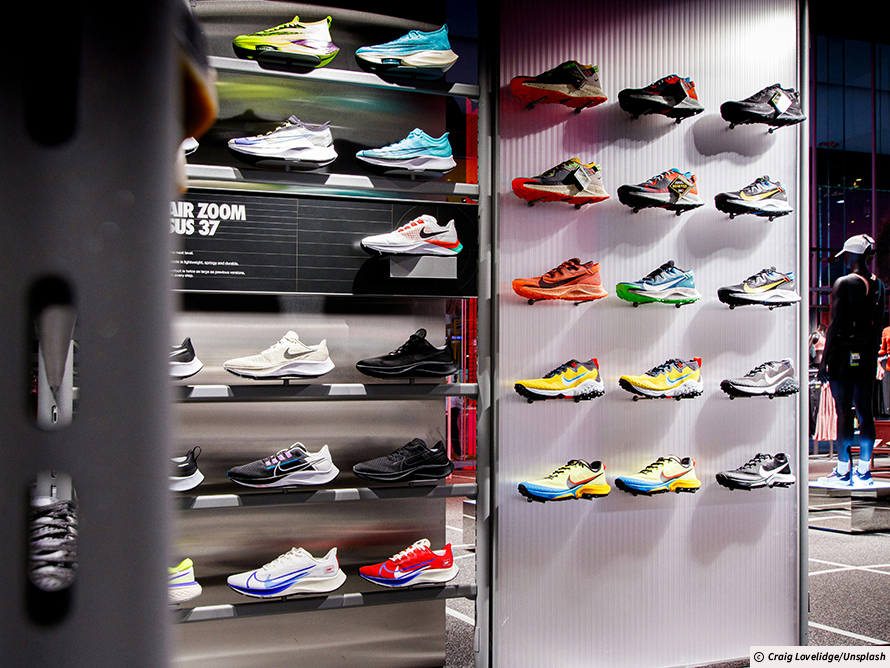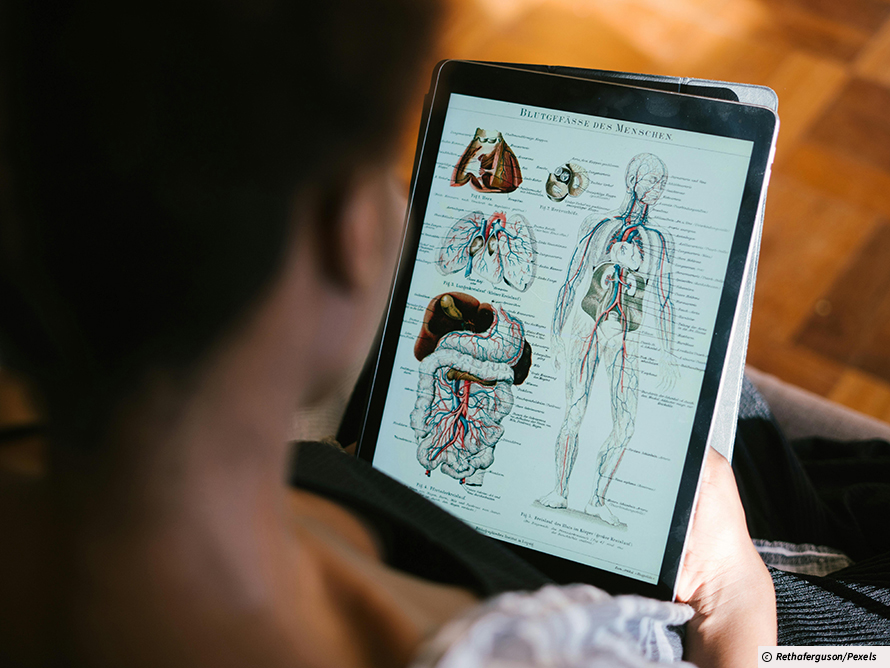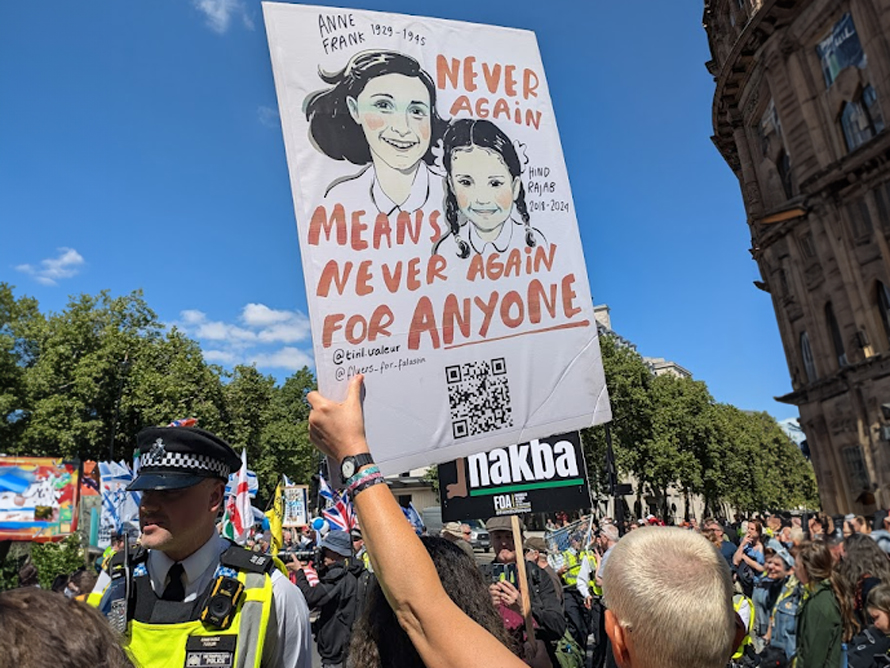We might believe Donald Trump to be the most powerful man in the world. But we need to think again, argues Sameer Salman, 15, from Diyafah International School.
Today, even the person holding the nuclear codes might fear a tech CEOThe Chief Executive Officer is the highest ranking person in a company. They are responsible for making decisions about the company’s future. more than a foreign dictatorA ruler who has total power, and has often taken power by force. . And rightly so, in just two decades, small startups have become global giants with the power to shape economies, wars, and even our thoughts. From Apple’s first iPhone to Tesla’s new humanoid robot, innovation has morphed into influence. The result? A silent takeover — without a single shot fired.
In 2022, Elon MuskA South African-born entrepreneur whose companies have included the online payment service PayPal. He now controls Twitter, renamed ‘X’. restricted Starlink services over CrimeaA peninsula in southern Ukraine that was seized by Russian forces in 2014 and annexed to the larger country., altering a war zone’s communications from behind a screen. One billionaire changed the course of a conflict, not a government. When tech bosses can shape geopolitics, we need to rethink power.
Tech companies aren’t just shaping world events, they’re reshaping us. Whenever you scroll, click, or pause, algorithms learn more about your behaviour than most of your family does. They decide what news you see, what ads follow you, and even how you feel. Your perception of reality is filtered through lines of code optimised for engagement, not truth. In 2018, Facebook’s Cambridge Analytica scandal revealed how 87 million users had their data exploited to influence BrexitThe UK’s departure from the European Union. and a US election.
TikTok, a key news source for 66% of teens as of 2022 according to Pew Research, spreads misinformationIncorrect or misleading information unintentionally presented as fact. It can be contrasted with disinformation or deliberate lies. faster than truth. These platforms guide what we believe and who we become. Of course, technology has revolutionised many industries. In fact, it has even changed my life for the better. But unchecked, that same power becomes dangerous, and it affects us all. Quietly. Constantly.
Shockingly, technology now controls critical infrastructure. Amazon Web Services powers a third of the internet. Apple and Google decide which apps reach billions. SpaceX owns most of Earth’s satellites. These aren’t just services, they’re systems we depend on, run by people we didn’t elect.
Artificial IntelligenceArtificial intelligence, or “AI,” is the ability for a computer to think and learn. With AI, computers can perform tasks that are typically done by people, including processing language, problem-solving, and learning. makes things worse. Algorithms choose content to feed us, rarely with oversight or transparency. Built by private companies, they’re riddled with biasBiases are beliefs that systematically and unfairly distort a person’s decisions, in favour or against one group or another. . AI is another way human behavior is governed.
Fueling this AI-driven influence is a powerful economic engine: surveillance capitalismA form of economy characterised by private property and competition between companies., where your data gets sold. Google tracks dozens of data points per user. Every click feeds a machine designed to predict, and manipulate, you. And while governments try to regulate, they’re often outmatched and outdated. In Europe, tech firms flock to countries such as Ireland with weaker oversight. In the United States, senators admit they barely grasp how the internet works.
If we don’t act soon, democracy, free will, and knowledge won’t fade with a bang — it’ll erode with a swipe.
The solution? Global cooperation and strong regulation. Including cross-border tech treaties, AI ethics councils, and updated digital rights legislation; treating data like property — owned by the user, not the platform. We must reclaim control before it’s too late. The longer we wait, the more power slips into the hands of people we didn’t vote for. The people we follow and subscribe to. The silent takeover is already here. And it won’t stay silent forever.
Interested in submitting your own Student Voices article or video? Find out more here.
Keywords
CEO – The Chief Executive Officer is the highest ranking person in a company. They are responsible for making decisions about the company’s future.
Dictator – A ruler who has total power, and has often taken power by force.
Elon Musk – A South African-born entrepreneur whose companies have included the online payment service PayPal. He now controls Twitter, renamed ‘X’.
Crimea – A peninsula in southern Ukraine that was seized by Russian forces in 2014 and annexed to the larger country.
Brexit – The UK’s departure from the European Union.
Misinformation – Incorrect or misleading information unintentionally presented as fact. It can be contrasted with disinformation or deliberate lies.
Artificial Intelligence – Artificial intelligence, or “AI,” is the ability for a computer to think and learn. With AI, computers can perform tasks that are typically done by people, including processing language, problem-solving, and learning.
Bias – Biases are beliefs that systematically and unfairly distort a person’s decisions, in favour or against one group or another.
Capitalism – A form of economy characterised by private property and competition between companies.
